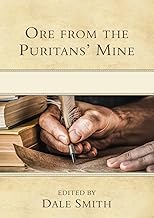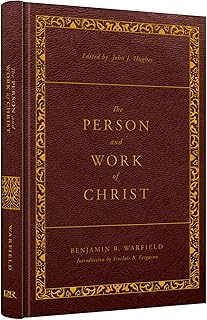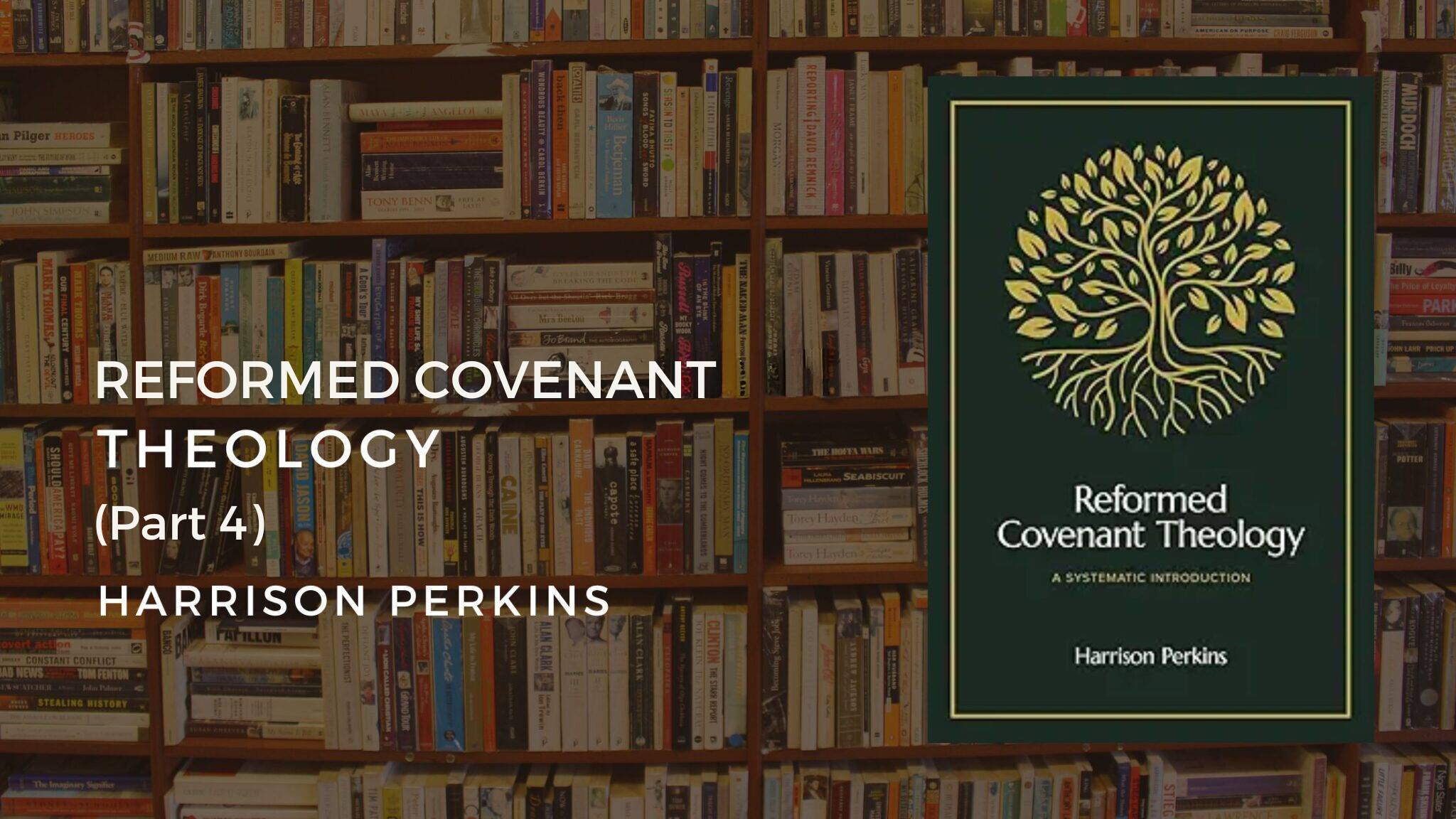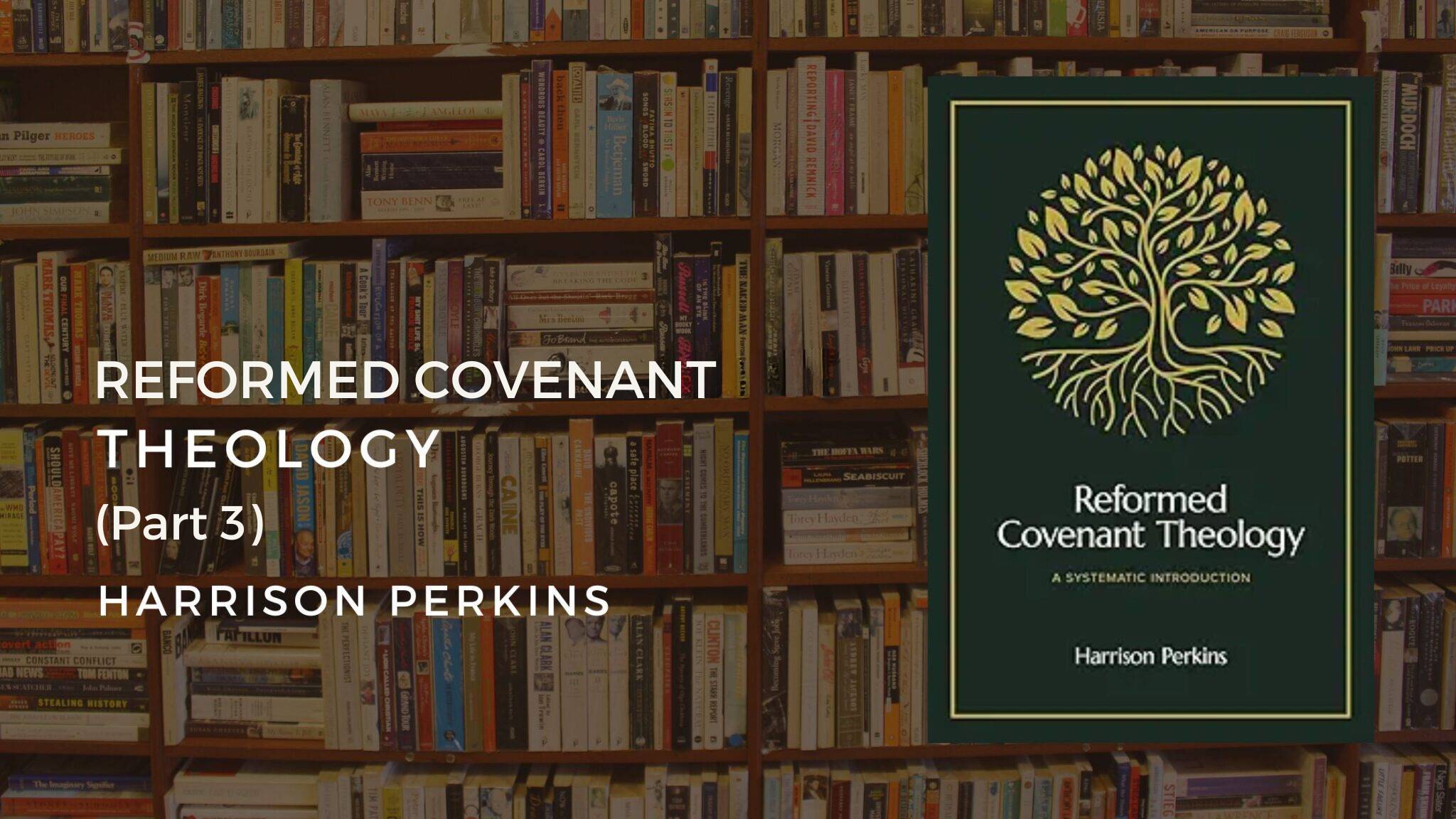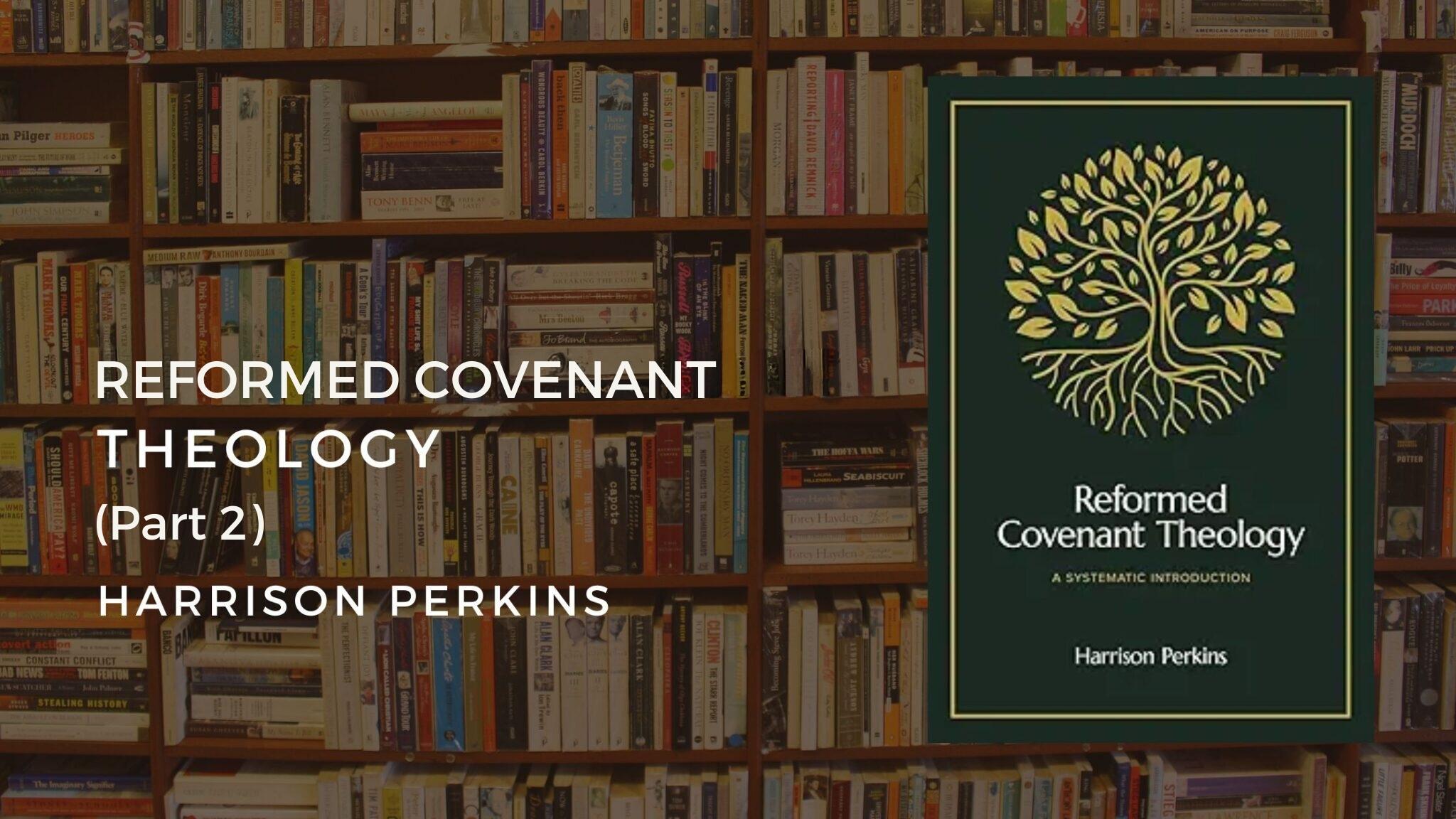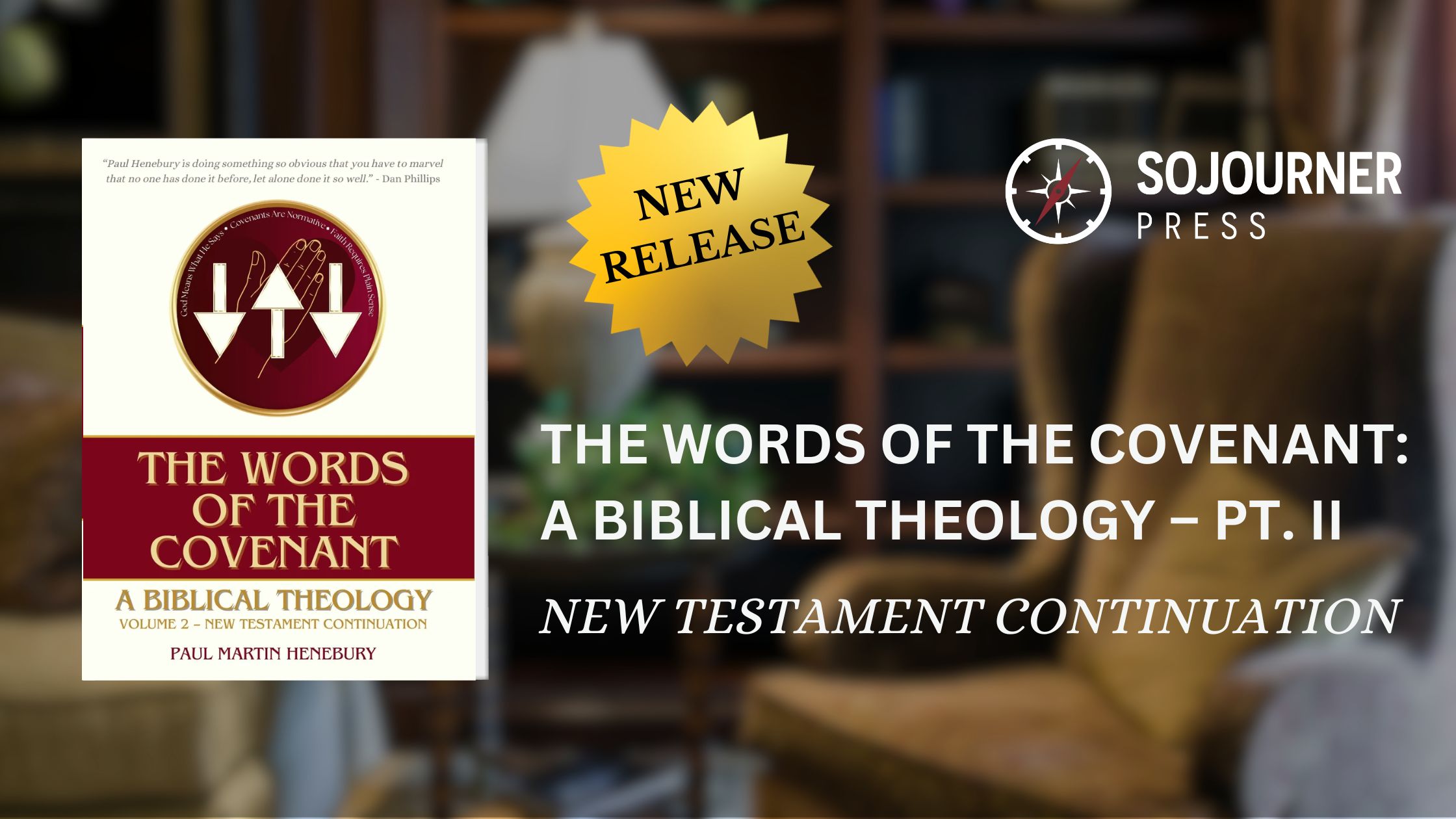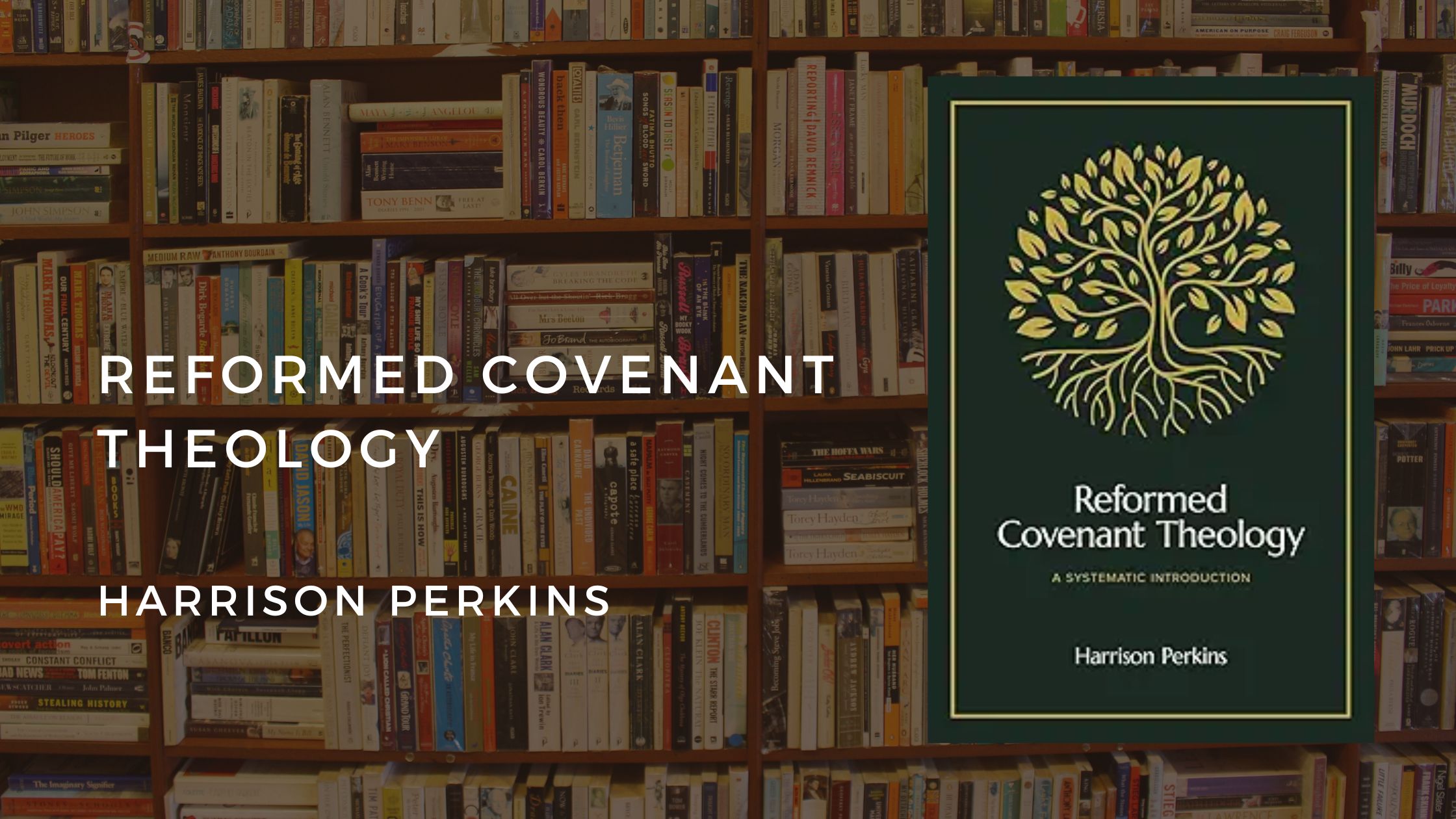I read a lot of books. I sometimes review some of them at this blog. Some of the best books I read don’t get a review, either because I meander my way through them, or because I just don’t feel like reviewing a book at that particular time. Owing to the fact that I had my own book to get to the press I did not read as much as I usually do. Many of the books I read I …
Author: Paul Henebury
Finally, I can announce the availability of the hardback edition of The Words of the Covenant – Volume 2: New Testament Continuation. Many have asked about it. I myself much prefer hardcover books to paperbacks, especially if they are large works. Here is the Amazon link: https://www.amazon.com/Words-Covenant-Biblical-Testament-Expectation/dp/1662826206/ref=tmm_hrd_swatch_0?_encoding=UTF8&qid=&sr= I would like to ask those of you who have either read Vol. 2 or are a good way through it to write your impressions and/or rate it at Amazon. This helps get …
This post comes in response to a brother in the Middle East who seems to be combating false teaching in this area. I hope that this helps. I have not included the apposite sections within the major Systematic Theologies, nor have I included the important critical studies of Dunn or Pannenberg (which are both worth reading). These books furnish a well-rounded portrait of the Jesus of the Bible and His identity as the God-Man. DOCTRINAL WORKS B. B. Warfield – …
PART THREE As I complete this review one of the things that stands out to me is how much the author leans upon Reformed Confessions and writers from the past. While he does interact with Scripture a lot, one notices that men like Irenaeus, Augustine, Calvin, and a host of Puritans are brought in to direct the arguments. This is not to say these great men shouldn’t be referenced; it is the supporting role these authorities are given that is …
PART TWO As we move on to the “covenant of grace” one thing to look for is how passages explicitly assigned to the covenants one can locate in the Bible are reassigned to support this theological covenant, which can’t be located in the Bible. Perkins, along with CT’s the world over, makes assertions about the “covenant of grace” that the Bible claims are about the New covenant: “The covenant of grace offers Christ as the mediator for sinners…The covenant of …
At the 360 Conference I had several people ask me if I had recorded any lectures to act as companions to the two volumes of The Words of the Covenant. My answer was yes, but I realized that the TELOS channel isn’t the best to find them at. Here, then, are the lectures. There are 34 of them and they’re quite long. Originally they were presented as below: Biblical Theology of the Old Testament (1) Biblical Theology of the Old …
PART ONE As with all book reviews, this one has to be selective. With some books that is not a problem since they tend to be thin on argumentation. Or at least their main points can be summarized quite easily. This book by Perkins is not like that. He builds his concepts carefully from systematic and biblical theology as well as from the confessions. He has read the Bible and Reformed authors and has produced a work that discusses Covenant …
It has been quite some time since I have presented at a Conference. This week (Oct. 21 – 23) I’ll be in NC at the Shepherd’s 360 Conference. I have been asked to give some of the breakout sessions and am presenting three talks and would appreciate some prayers that I do a good job. I believe I am also doing a podcast about the new book. Here are the presentations: …
I don’t think it’s much of a secret, but the NT volume of The Words of the Covenant is now available to be purchased. So far the paperback and E-book versions are available, with a hardback version coming in a week or two, Lord willing. The release of The Words of the Covenant: Volume 2 – New Testament Continuation is the culmination of many years work. Now that it’s done there is the inevitable second-guessing; wishing perhaps I had said more about such and …
A Review of Harrison Perkins, Reformed Covenant Theology: A Systematic Introduction, Bellingham, WA., Lexham, 2024, 520 pages, Hardback. There is no shortage of books on Covenant Theology (CT). There is the big multi author compendium simply called Covenant Theology edited by Waters, Reid, and Muether. One of the contributors to that book is Richard Belcher, whose The Fulfillment of the Promises of God, which to my mind is the best introduction to CT on the market. Other introductions by Jonty Rhodes, Stephen Myers, R. …
